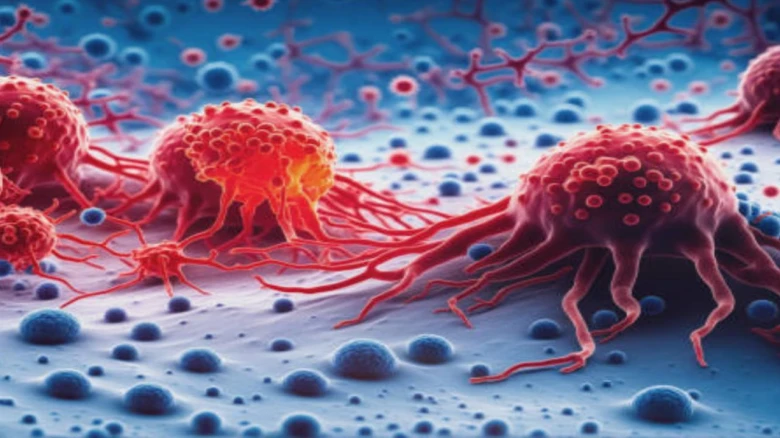Cancer is a complex disease, and many myths and misconceptions surround it. These myths can lead to delay...
Digital Desk: Cancer, a formidable adversary impacting numerous lives, is frequently obscured by myths and misunderstandings. Debunking cancer myths is vital for promoting understanding, support, and empowerment. Equipping ourselves with accurate information enables us to dispel misconceptions and promote a more informed, compassionate approach to cancer prevention and care.
Cancer is a complex disease, and many myths and misconceptions surround it. These myths can lead to delays in diagnosis, refusal of necessary treatment, and unnecessary anxiety. Together, let us unite in our efforts to combat cancer, tackling each myth one step at a time.
Myth 1: Cancer is always fatal.
Reality: While cancer can be a serious and life-threatening illness, advances in early detection and treatment have significantly improved survival rates. Many cancers are now treatable, especially when detected early.
Myth 2: Cancer is contagious.
Reality: Cancer is not contagious. It cannot be transmitted from person to person through casual contact, such as hugging or kissing. Cancer develops due to a combination of genetic, environmental, and lifestyle factors.
Myth 3: Only smokers get lung cancer.
Reality: While smoking is a significant risk factor for lung cancer, non-smokers can also develop the disease. Exposure to secondhand smoke, radon gas, air pollution, and genetic factors can increase the risk of lung cancer in non-smokers.
Myth 4: Cancer is caused by stress.
Reality: While stress can affect overall health and well-being, it does not directly cause cancer. However, chronic stress may weaken the immune system, making it harder for the body to fight off cancer and other illnesses.
Myth 5: Superfoods can cure cancer.
Reality: While a healthy diet rich in fruits, vegetables, and whole grains can lower the risk of certain cancers, no single food or nutrient can cure cancer. Treatment typically involves a combination of surgery, chemotherapy, radiation therapy, and targeted therapy.
Disproving these myths is essential for empowering individuals with accurate cancer information. By promoting understanding and support, we can work together to improve outcomes for those affected by this challenging disease. Let us continue to educate ourselves and others, fostering a community of compassion and hope in the fight against cancer.

Leave A Comment